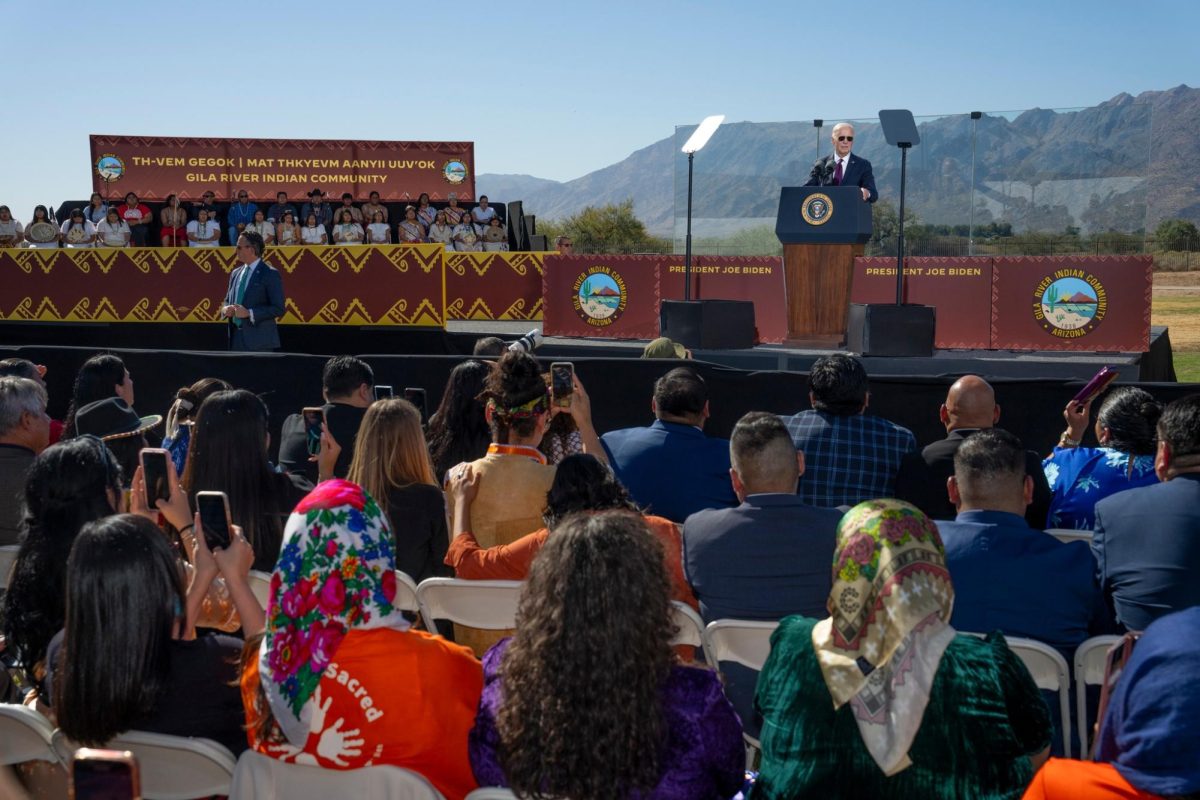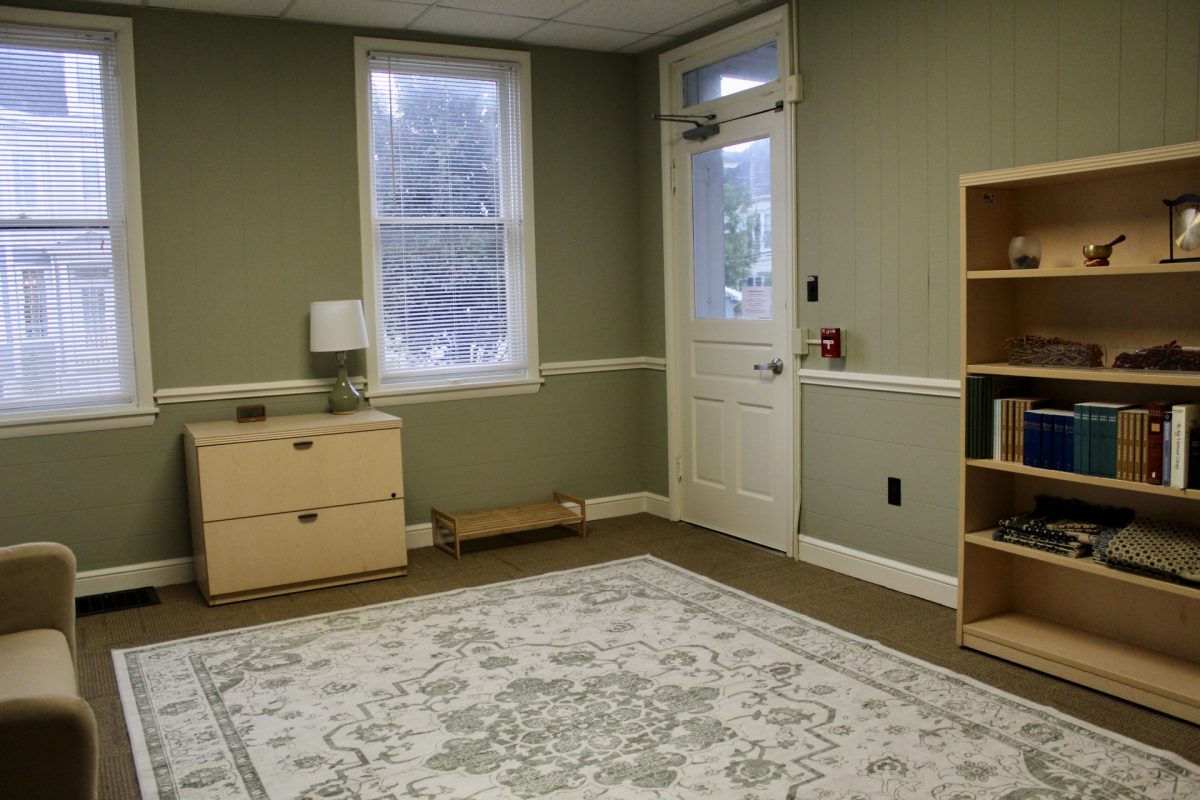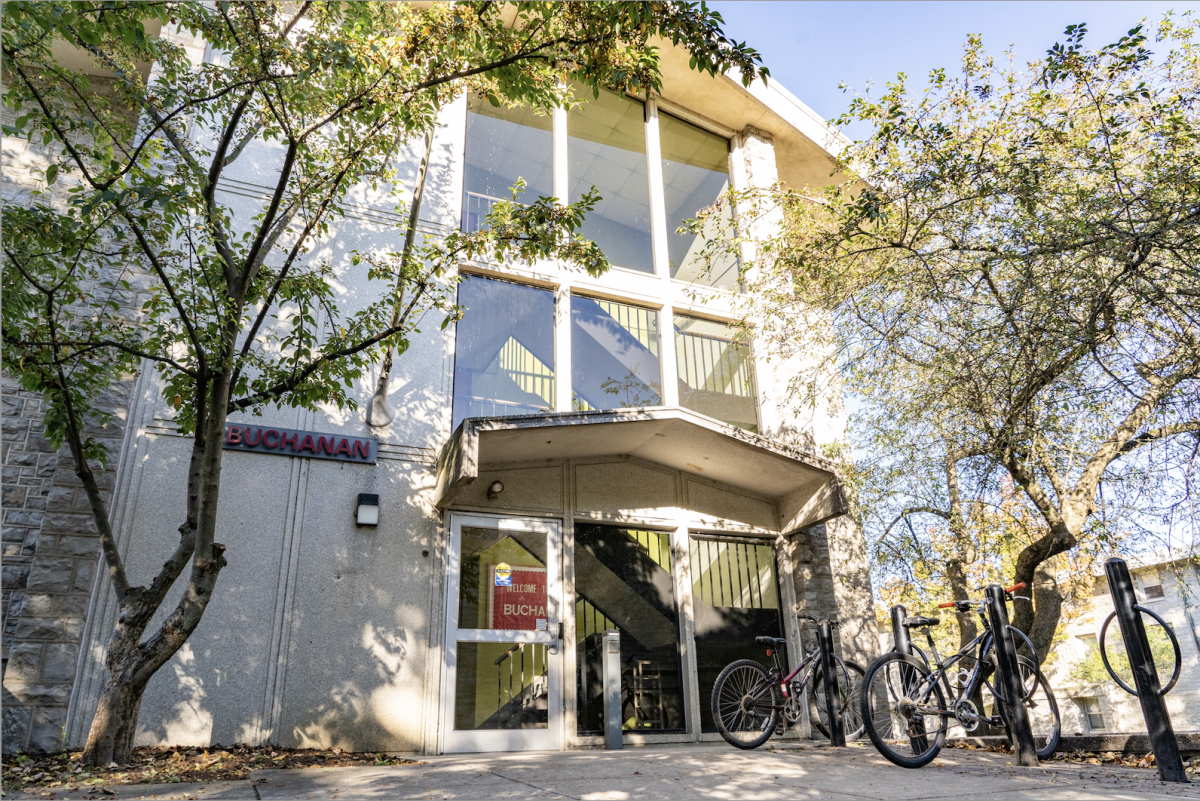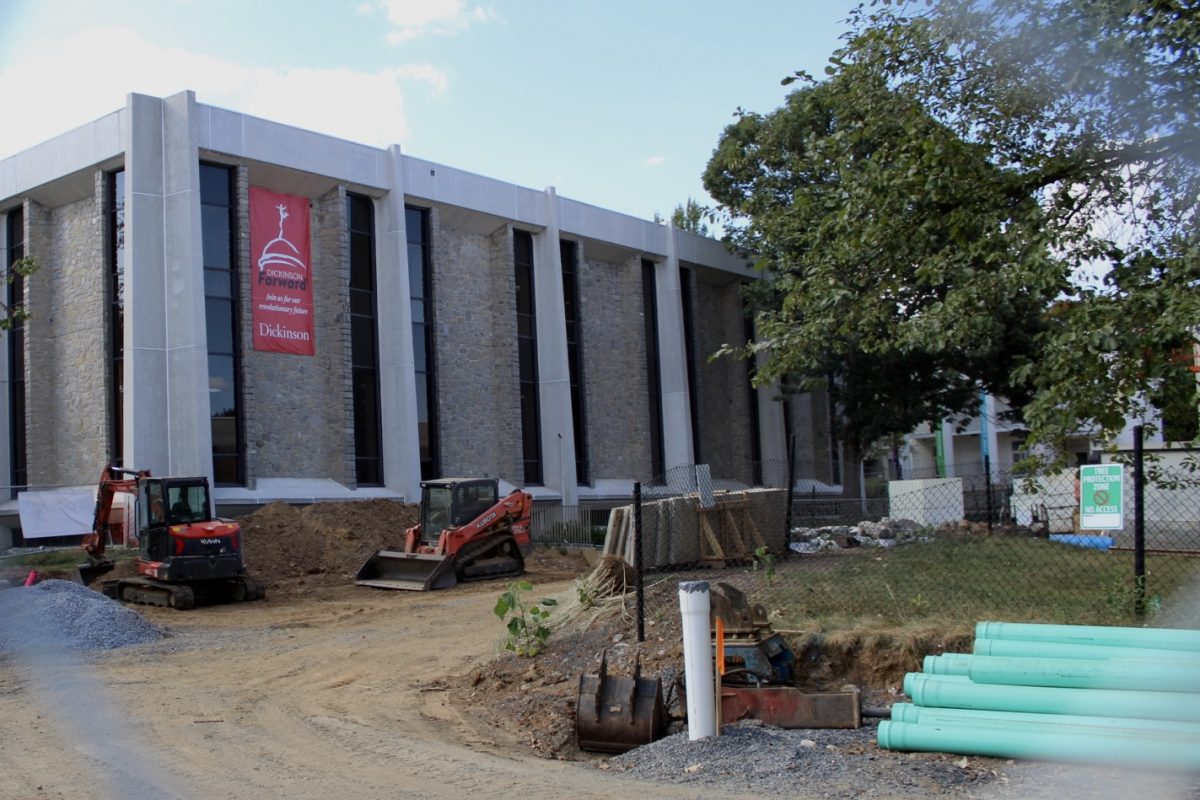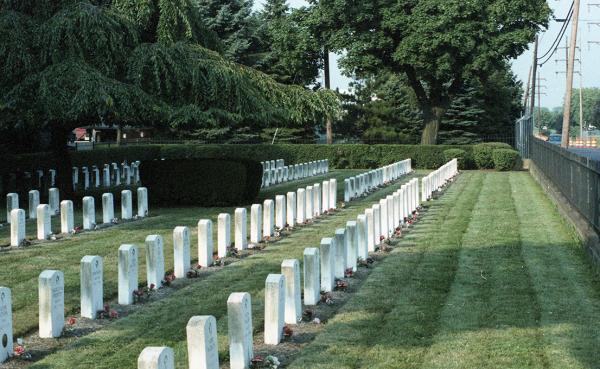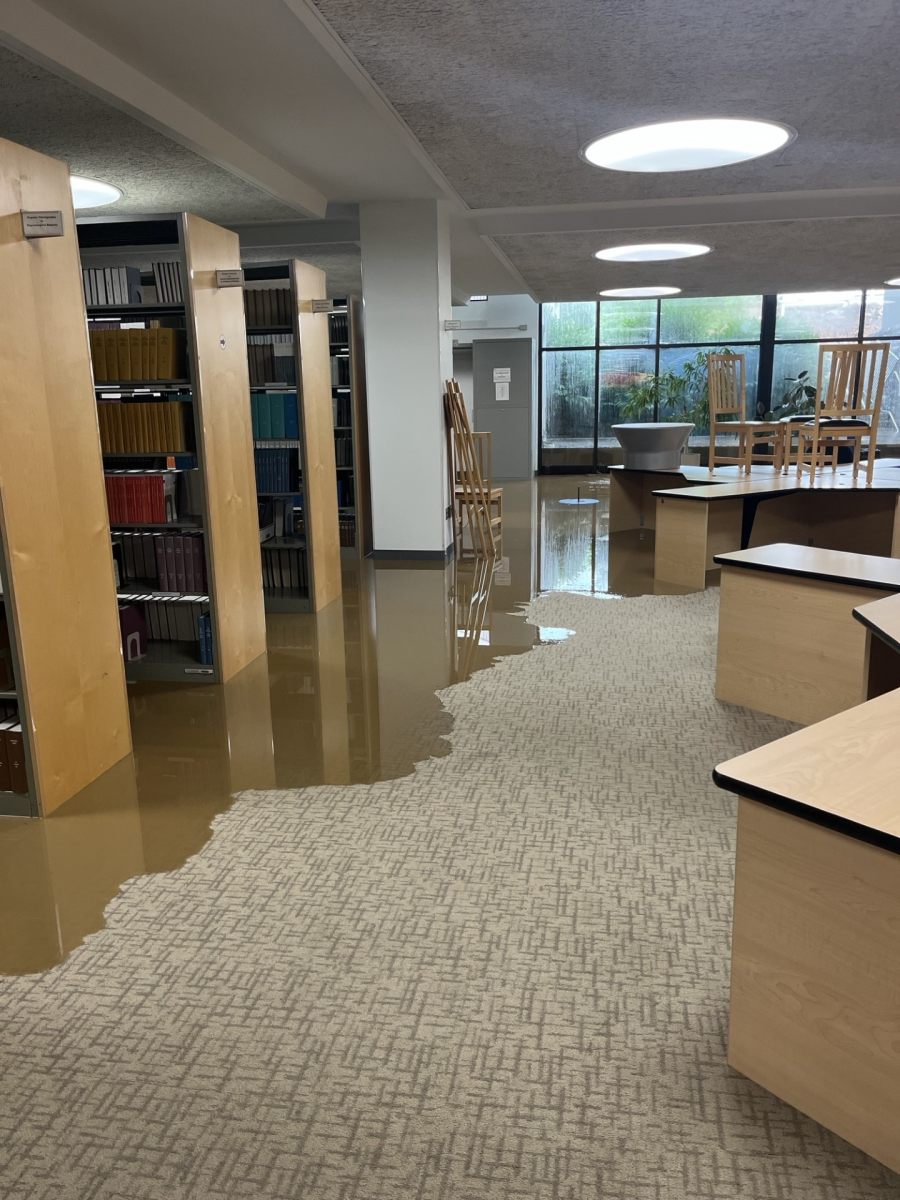On Friday, October 25, President Biden formally apologized for the U.S. government’s treatment of Native Americans at federal boarding schools, calling the program “horribly, horribly wrong” and a “sin on our soul.” The statement marked a historic moment, the first such apology from a U.S. President.
The apology is especially significant within Dickinson’s community due to the close proximity and past relationship with the Carlisle Indian Industrial School. From 1879 to 1918, Dickinson College worked closely with the Carlisle Indian Industrial School, one of 523 such schools known across the U.S. and Canada. Students at the school were separated from their families and forced to reject their culture to socially assimilate into Anglo-American culture. During the 39 years of its operation, roughly 7800 students attended the Carlisle Indian Industrial School.
Dr. Amanda Cheromiah, Executive Director of the Center for the Futures of Native Peoples (CFNP) at Dickinson, expressed her thoughts on the impact of Biden’s statement and the changing cultural landscape in Carlisle and beyond.
The month leading up to the statement had been a whirlwind of exciting events for the Center. Earlier in the month, Secretary of the Interior Deb Haaland, the first Native American politician to serve as a member of the President’s Cabinet, paid a visit to Dickinson. Secretary Haaland toured Dickinson’s Archives and viewed photos from the Carlisle Indian School. “That was really a surprise to us, because it unfolded within the space of ten days,” Cheromiah said.
After the visit from Secretary Haaland, Cheromiah received a “secretive” and puzzling invitation from the White House: “we weren’t quite sure what it was,” she said. After the event was postponed twice, Cheromiah was finally able to travel to Arizona to attend the event where Biden gave his speech, “which was really special,” she said. And despite the logistical difficulties, it was “totally worth it” to be there.
While it’s important to note the political undertones of Biden’s apology, Cheromiah is also optimistic about the impact of the apology.
It “put our Native people on this international platform in a way that was needed,” Cheromiah said. It also adds to what feels like “a movement that was already in motion,” both in Carlisle and more broadly. “It’s a part of what’s already powerfully unfolding here in this season of time,” she said, a “national unfolding of healing and dialogue and discussion about how the Indian boarding schools have impacted our people.”
For the past decade, grassroots Indigenous activism has become more and more visible, from the Standing Rock protests in 2016 to the Red Deal proposals published in 2021. For Cheromiah, this changing national landscape is reflected in Carlisle. “Think about the most magnificent natural resource you’ve ever witnessed and been immersed in,” she says. She brings up the example of the Grand Canyon. “There’s just all these working elements that you can’t see, that [are] unfolding and connecting in this really magnificent way… When you’re standing there, it could seem like you’re alone in this adventure. But if you’re with people, it can also be just this great adventure and story you’re forming together.”
In the coming month, the CFNP will have more events students can get involved in. On November 15, Cheromiah’s mother and sisters, along with Darren Lone Fight, Founding Director of the CFNP, and his sister, will host a family panel in the Stern Greatroom.



